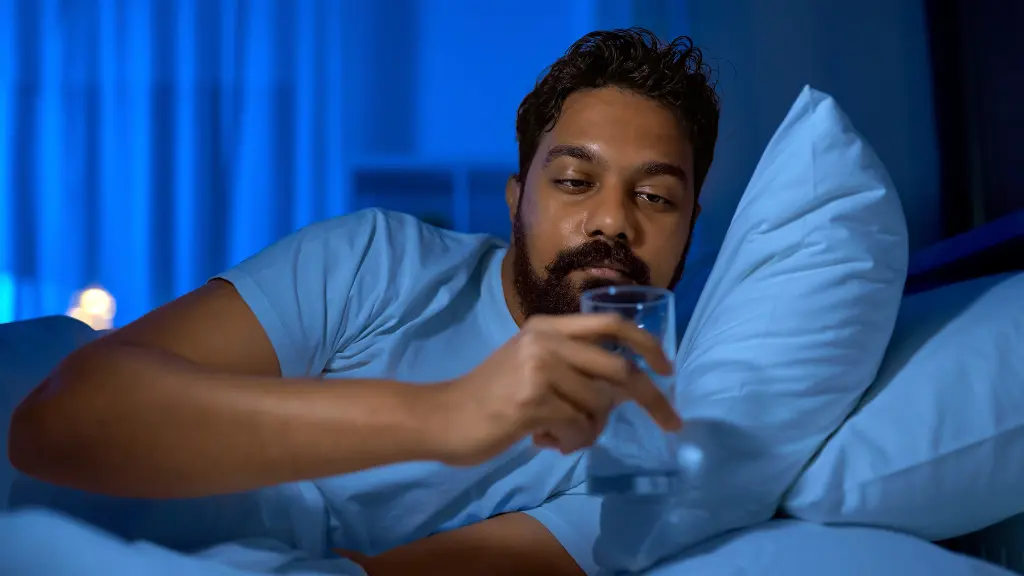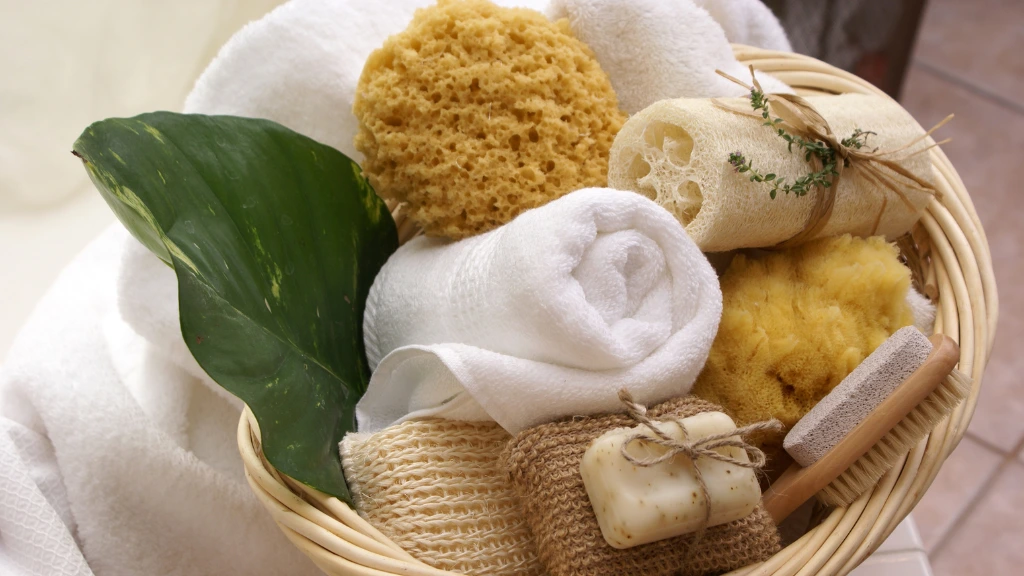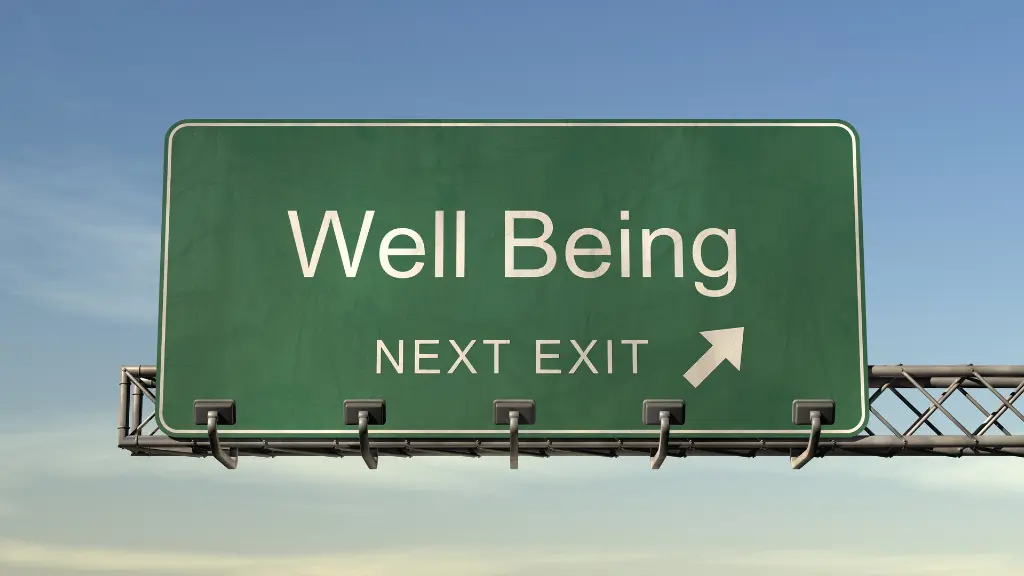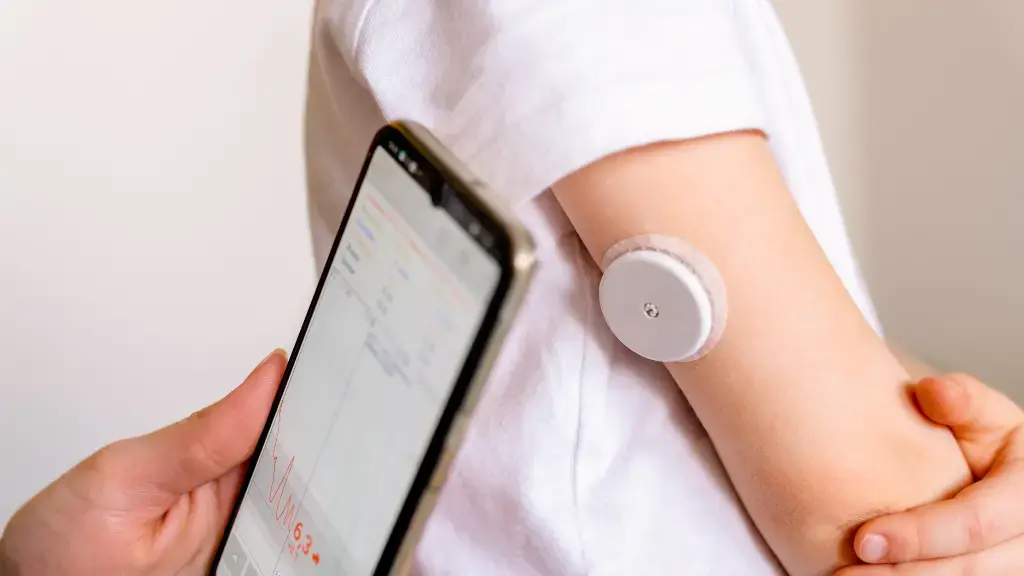Waking up parched in the middle of the night can be frustrating. While reaching for a glass of water may temporarily solve the problem, persistent nighttime thirst could point to deeper issues. Let’s explore the causes, potential remedies, and signs that warrant a visit to the doctor.
You May Also Like: Learn How to Clean and Maintain Your Shower like a Pro!
1. Common Causes of Nighttime Thirst
a. Dehydration
Dehydration is the most common cause of thirst. If you’re not drinking enough water during the day, your body compensates by signaling thirst at night.
b. Salty or Spicy Foods
Eating foods high in salt or spices before bed can increase your body’s need for water, leaving you feeling parched.
c. Medication Side Effects
Certain medications, like diuretics or antidepressants, can cause dry mouth and excessive thirst.
d. Mouth Breathing or Snoring
Sleeping with an open mouth or snoring can dry out your mouth and throat, making you feel thirsty when you wake up.
e. Alcohol Consumption
Alcohol is a diuretic, meaning it increases urine production and can lead to dehydration.
f. Medical Conditions
Persistent thirst could indicate health concerns like:
- Diabetes Mellitus: High blood sugar levels can cause frequent urination and thirst.
- Diabetes Insipidus: A rare condition affecting water regulation in the body.
- Sleep Apnea: Disrupted breathing can lead to dryness and thirst.
2. How Your Habits Affect Nighttime Thirst
Not Drinking Enough Water
If you don’t hydrate adequately during the day, your body may signal a need for fluids while you sleep.
Overdoing Caffeine
Caffeine is a diuretic and can dehydrate you if consumed in large quantities, especially close to bedtime.
Heavy Exercise Late in the Day
Evening workouts can deplete your fluid reserves, leading to thirst later on.
3. Tips to Combat Nighttime Thirst
a. Stay Hydrated During the Day
Drink water consistently throughout the day. Aim for 8–10 cups, depending on your activity level and environment.
b. Limit Salt and Spice Intake Before Bed
Choose lighter, less salty meals for dinner to avoid triggering excessive thirst.
c. Use a Humidifier
Dry air in your bedroom can contribute to mouth dryness. A humidifier helps maintain moisture in the air.
d. Monitor Alcohol and Caffeine Intake
Avoid alcohol and caffeine in the hours leading up to bedtime to reduce their dehydrating effects.
e. Adjust Your Sleeping Position
If you’re a mouth breather, consider using nasal strips or a sleep mask to encourage nose breathing.
f. Practice Good Oral Hygiene
A dry mouth can sometimes be a result of poor oral health. Brush your teeth and rinse with a hydrating mouthwash before bed.
4. When to See a Doctor
Nighttime thirst may occasionally signal a more serious issue. Consult a healthcare professional if you notice:
- Persistent or extreme thirst.
- Increased urination at night (nocturia).
- Symptoms like fatigue, blurred vision, or unexplained weight loss.
- A family history of diabetes or other medical conditions related to thirst.
5. Is It Normal to Drink Water at Night?
Occasional thirst at night is normal, especially after a salty meal or a day of physical activity. However, consistently needing water multiple times a night could disrupt your sleep and indicate underlying issues.
6. Hydration Myths and Facts
Myth: You Should Avoid Water Before Bed
Fact: Drinking small sips of water before bed is fine, but avoid overhydrating, as it may cause frequent trips to the bathroom.
Myth: Thirst at Night Always Means Dehydration
Fact: While dehydration is a common cause, other factors like diet, medication, or medical conditions may also be responsible.
7. Smart Hydration Strategies
- Balance Electrolytes: If you’re active or sweat heavily, replenish lost electrolytes with drinks like coconut water.
- Carry a Water Bottle: Having water on hand ensures consistent hydration throughout the day.
- Set Reminders: Use apps or timers to remind you to drink water at regular intervals.
8. The Connection Between Sleep and Hydration
Being well-hydrated can improve sleep quality. Dehydration, on the other hand, may contribute to restlessness, dry mouth, and cramps that disrupt your slumber.
Final Thoughts
If you find yourself thirsty at night, take a closer look at your daily habits and hydration levels. Small changes like drinking more water during the day, moderating salt and alcohol intake, and addressing breathing issues can make a big difference.
However, if nighttime thirst persists despite these efforts, don’t hesitate to consult a healthcare provider. It might be your body’s way of signaling a deeper issue. By staying proactive, you can enjoy better hydration, restful nights, and overall health.











[…] You May Also Like: Why Am I Always So Thirsty at Night? Causes and Solutions Explained […]